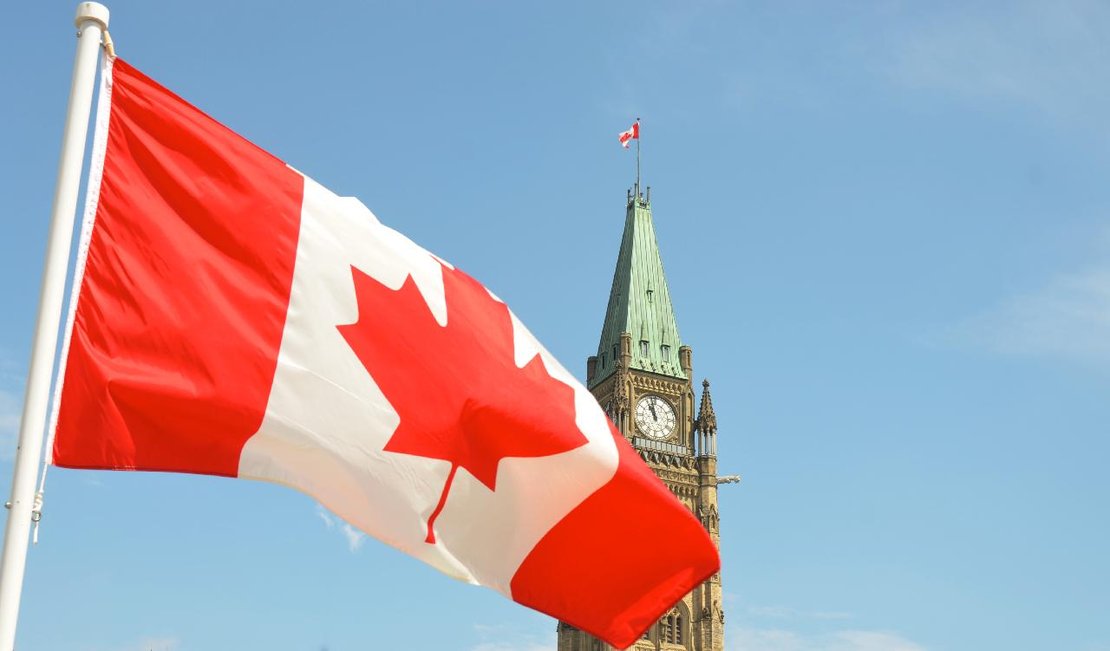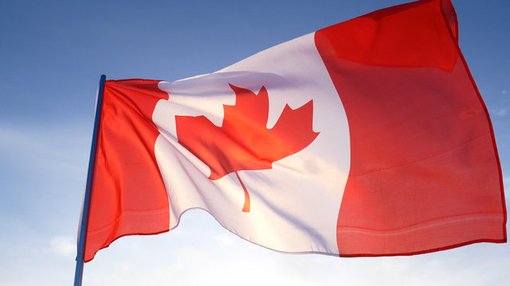What Languages Are Spoken in Canada?

The official languages of Canada are English and French. In restaurants, on buses, and in schools across Canada, you'll hear a variety of other unofficial languages. In reality, more than 200 different languages are spoken. There are also 60 Indigenous languages in Canada.
The two official languages of Canada, English and French, are used by most citizens to communicate and access services. French is a minority language in all other provinces and territories and Canada as a whole, but English is a minority language in Quebec despite both languages being widely spoken across the nation.
Here are the languages spoken in Canada:
English
One of the two official languages in Canada, English is widely used by Canadians, with 86.2 percent of the population being able to converse in it (and 63.8 percent speaking it at home in 2021). You might need to be more familiar with all the Canadian words and expressions, but you'll get the feel of it. Canada has 21,400,000 native speakers of English (55.9 percent of Canada’s total population).
French
The percentage of Canadians who could speak English and French stood at 18 percent in 2021, which was a record high. French is a crucial language to know in Canada. Even in the Francophone region of Quebec, however, there is a minor decline in the use of French as a mother tongue and a language spoken at home.
This decline occurred even though Quebec first enforced strict language laws in 1977, intending to maintain the French language's dominance in the province. However, whether these laws are sufficiently strict is heavily debated. The laws were recently strengthened in 2022, giving the government more authority to look into businesses that break the rules. French has 7,650,000 native speakers (20 percent of Canada’s total population).
Chinese (Mandarin and Cantonese)
Chinese would likely become the third official language of Canada since Mandarin and Cantonese are the third and fourth most popular languages there. Furthermore, its influence is expanding. The percentage of people who spoke Chinese at home increased by 16.8% between 2011 and 2016. Before 1867, the year of the Confederation, Chinese immigrants had already begun to come to Canada. As recently as the 1990s, when most immigrants to Canada were of Chinese ethnicity, Chinese immigration increased once again.
However, that does not imply that the Canadian government always greeted them with open arms. The British Columbian Gold Rush was a major factor in the arrival of many of the first immigrants, and the government quickly moved to establish anti-immigration legislation. All Chinese immigrants were required to pay a $50 head tax under the 1885 Chinese Immigration Act. Chinese has 1,340,000 native speakers (3.5 percent of Canada’s population).
Other Languages
It's reasonable to believe that there is a significant Asian influence up north because Punjabi and Tagalog are among Canada's most widely spoken languages, ranking below Mandarin and Cantonese. The number of people speaking Tagalog at home increased by 35% between 2011 and 2016, making it the fastest-growing language in Canada as of 2016.
Tagalog was the sixth most prevalent language in Canada as of 2016. In fact, many immigrants to Canada are from the Philippines. Around that time, Arabic, Farsi, Hindi, and Urdu grew significantly. Spanish, Arabic, Italian, German, and Urdu are the next most frequently spoken languages overall. Other languages include 6,544,255 native speakers (18.8 percent of Canada’s total population).
The rarest languages spoken in Canada, including Catalan, Fijian, Belarusian, Bilen, and Kashmiri, are all restricted to populations of 2,000 or fewer. The geographic concentration of some of these smaller communities is important. The populations of Gujarati families in Northern Alberta, Filipino immigrants in the Yukon, Arabic, Spanish, and Yiddish speakers in Montreal, and Korean speakers in New Brunswick are notable.
Canadian Slang
In Canada, you might hear languages from worldwide besides the official French and English. But you'll need to be familiar with certain Canadian slang to understand what's happening fully.
- Eh? When you don't understand something, don't think it's true, or want the other person to respond, you might use this word in daily Canadian speech.
- Timmies. Timmies is short for Tim Hortons, a fast-food restaurant and coffee shop founded by the late and legendary hockey player Tim Horton.
- Klick. This phrase refers to kilometers.
- Give’er. When all else fails, this informal expression means to give it your all. It describes anything that calls for you to buckle down and finalize, including work, drinking, playing sports, and other activities.
- Kerfuffle. This phrase means a disturbance typically brought on by a disagreement or difference of opinion (most commonly found during or after sports games).
- Runners. This term refers to running footwear. It may also apply to casual footwear.


